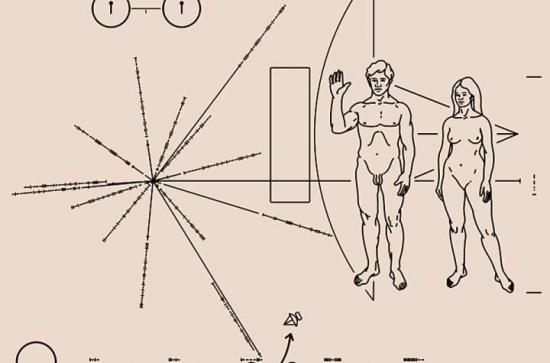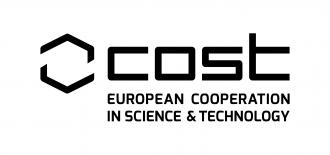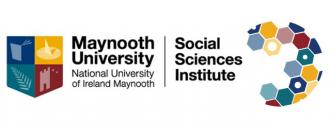
What do we do about Conspiracy Theories?
The role of social sciences and humanities in debunking conspiracy theories
Friday 28th June 2019
9.00am – 5.30pm
Conspiracy theories have moved from the margins of public discourse towards the centre. There seems to be an assumed expectation that it is the responsibility of researchers to engage with conspiracy beliefs by debunking them. But, like everything that relates to conspiracy theories, even the subject of debunking is not straightforward. With this workshop we want to open up the discussion of whether it is the responsibility of scholars to debunk conspiracy theories.
RSVP Attendance to: [email protected]
PROGRAMME
This 1 day conference will be moderated by Professor Annika Rabo, Stockholms Universitet
Welcome & Introductions (9:00-9:10)
Ela Drążkiewicz, Maynooth University & Jaron Harambam, the University of Amsterdam
Panel 1: Conspiracy theories and knowledge production (9:10-11:00)
Harriet Washington, Colombia University:
Breathing Together: Interrogating Conspiracy, Semantics, and Theory
Jaron Harambam, The University of Amsterdam:
On the (im)possibility of staying neutral: from doing research on conspiracy theories to dealing with them in public
Elvira Wepfer, The University of Manchester:
Reconfiguring Citizenship: Anthropological Considerations of Conspiracy Theories
Todor Christov, The University of Sofia:
Conspiracy theories and passion
Panel 2: Conspiracy theories and the politics of conflict (11:15-12:40)
Suda Perera, SOAS:
Methodology of the Excluded: Conspiracy as discourse in the eastern DRC
Colleen Alena O'Brien, Freie Universität:
Conspiracy in Macondo: Can conspiracy theories unravel Colombia’s peace process?
Eileen Culloty, DCU:
Conspiracy Theories about International Conflict: Challenges for Academic Research
Panel 3: Conspiracy theories and medicine (13:40 – 15:10)
Elisa Sobo, San Diego State University:
When we doubt the experts: an anthropological exploration of trust, mistrust, and conspiracy thinking with reference to contraception, HIV, vaccines, cannabis, capitalism, and the practice of science. (skype)
Brian Martin, the University of Wollongong:
Conspiracy theory attributions: tactics of promotion and resistance (Skype).
Ela Drążkiewicz, Maynooth University:
When the truth is not all that matters: understanding trajectories of conspiracy theories in conflicts over vaccinations.
Panel 4: The driving powers of conspiracy theories and conspiracy theories as driving forces (15:25 – 17:15)
Stephen Lewandowsky, The University of Bristol:
Hannah Arendt and the contemporary social construction of conspiracy theorists
Toby Austin Locke, Goldsmiths College:
A Dual Proposal for Anthropological and Psychosocial Approaches to Conspiratorial Thought: Generosity and Recursion
Jamie Saris, Maynooth University:
Agency, Political Violence and Sacrifice in Global White Nationalist Terrorists Discourse: The Limits of Psychology as a Frame for Examining “Radicalization”
Lorcan Byrne, Stockholm University; Mark Maguire, Maynooth University; David A. Westbrook, SUNY Buffalo:
Security and Bureaucracy in the Age of Paranoia within Reason
The funding for this workshop has been kindly provided by the Department of Anthropology, the Department of Sociology, the Office of the Dean of Social Sciences, the Research Support Office and the Social Sciences Institute of Maynooth University as well as the COST Network


